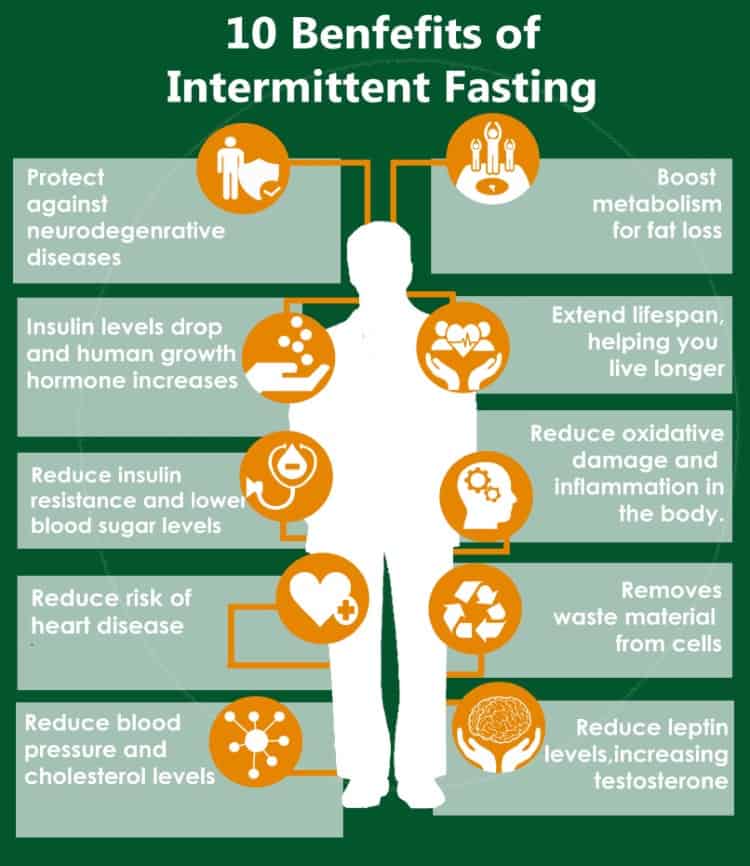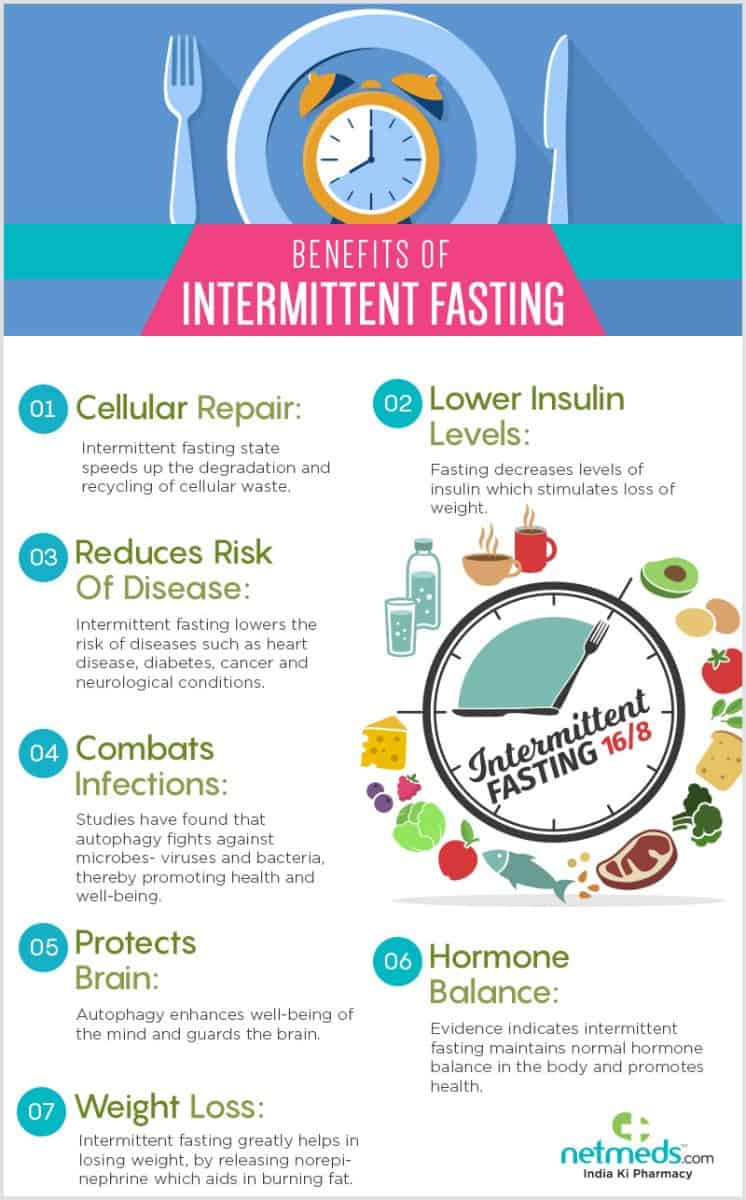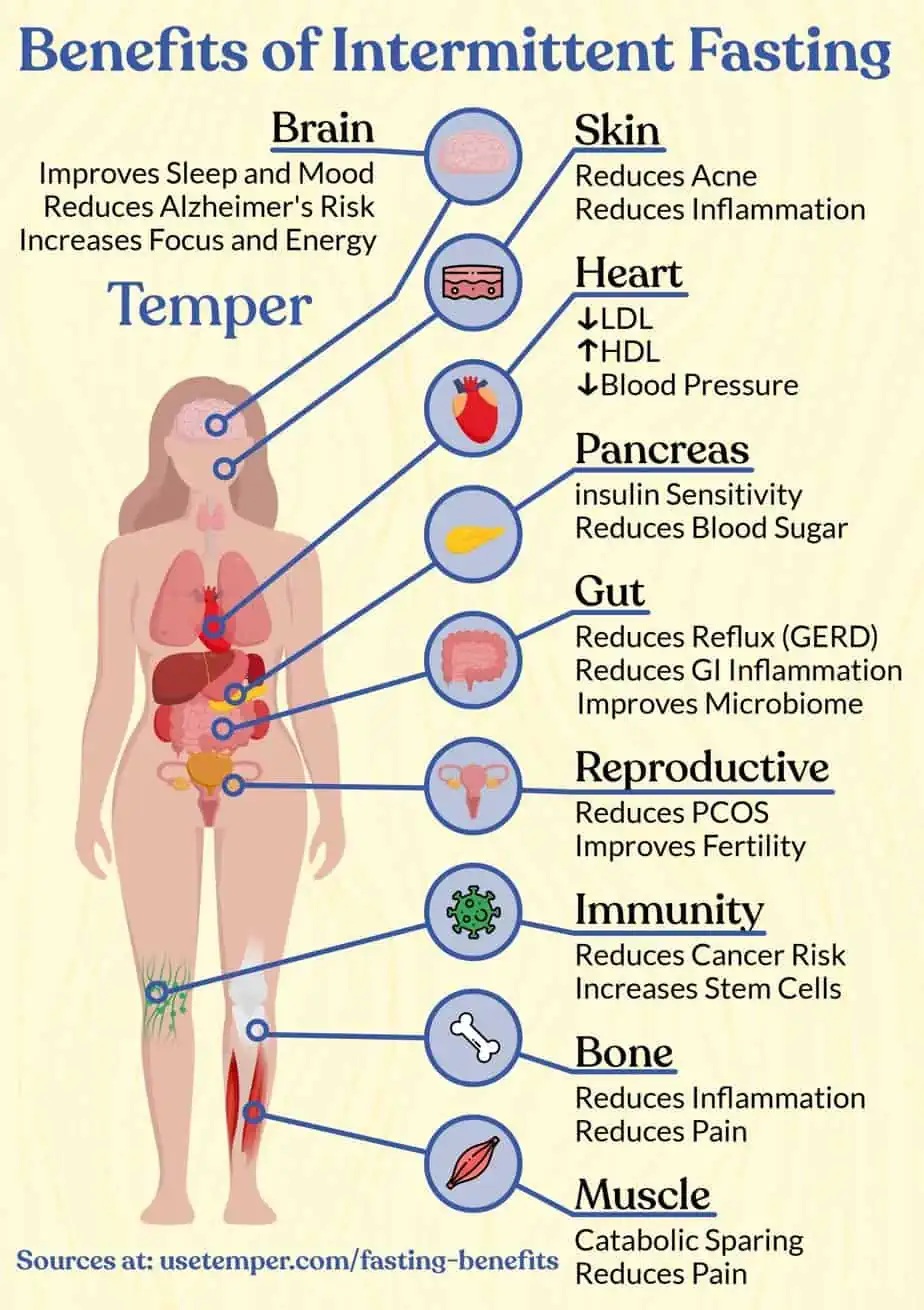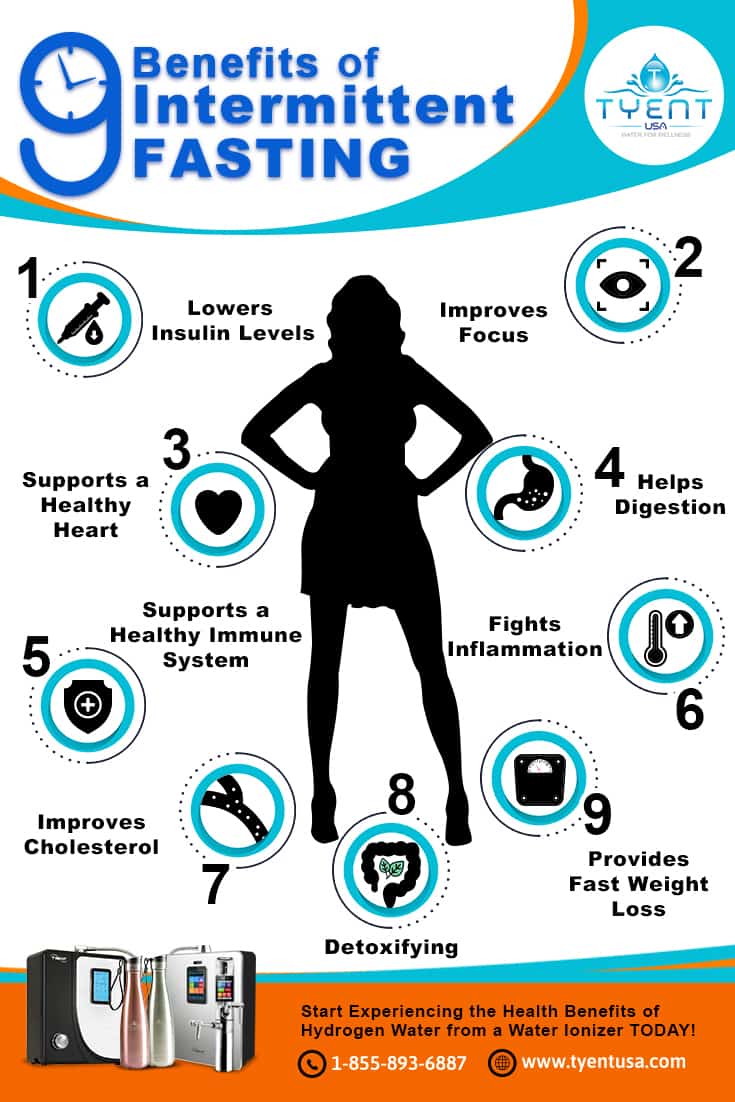Do you know that there’s a way of eating called intermittent fasting that can be really good for your body? Intermittent fasting means you have certain times when you eat and certain times when you don’t eat. It’s not about eating less, it’s about changing the way you eat. And guess what? There are some really great benefits to intermittent fasting! It can help you lose weight, make you feel more energetic, and even promote a healthier brain. Sounds pretty cool, right? Let’s find out more about how intermittent fasting can be good for you!
Weight loss
Burns stored fat
Intermittent fasting is a way of eating that can help you lose weight. When you fast, your body doesn’t have a constant supply of energy from food, so it turns to stored fat for fuel. This means that as you fast, your body starts burning fat cells, which can lead to weight loss. It’s like your body is using its own fat storage as a source of energy.
Increases metabolic rate
Your metabolic rate is the rate at which your body burns calories. When you fast, your body’s metabolic rate actually increases. This means that your body is able to burn more calories even when you’re not exercising or being active. So, if you’re looking to lose weight, intermittent fasting can help by increasing your metabolic rate and boosting calorie burn.
Reduces calorie intake
Calories are units of energy that come from the food we eat. When we consume more calories than our body needs, it can lead to weight gain. Intermittent fasting can help with weight loss by reducing your overall calorie intake. Since you’re only eating during certain periods of time, you’re naturally consuming fewer calories throughout the day, which can help create a calorie deficit and promote weight loss.
Improved insulin sensitivity
Regulates blood sugar levels
Insulin is a hormone that helps regulate your blood sugar levels. When your blood sugar levels are too high, it can lead to health problems like type 2 diabetes. Intermittent fasting has been shown to improve insulin sensitivity, which means your body is better able to regulate its blood sugar levels. This is especially important for people who are at risk for or have type 2 diabetes.
Reduces insulin resistance
Insulin resistance is a condition where your body’s cells don’t respond properly to insulin. This can lead to high blood sugar levels and eventually diabetes. Intermittent fasting has been found to reduce insulin resistance, which can help prevent the development of type 2 diabetes. By improving insulin sensitivity and reducing insulin resistance, intermittent fasting can have a positive impact on your overall health.
Prevents type 2 diabetes
Type 2 diabetes is a chronic condition that affects the way your body processes sugar. It can lead to serious health complications if left unmanaged. Intermittent fasting can help prevent type 2 diabetes by improving your insulin sensitivity and reducing insulin resistance. By incorporating intermittent fasting into your lifestyle, you can take steps towards protecting yourself against this chronic disease.

Enhanced brain function
Promotes clarity and focus
Intermittent fasting has been shown to promote clarity and focus in the brain. When you fast, your brain becomes more alert and focused because it no longer has to focus on the digestion process. This can help improve your concentration and mental performance.
Increases neuroplasticity
Neuroplasticity refers to the brain’s ability to change and adapt. Intermittent fasting has been found to increase neuroplasticity, which means that your brain is more able to form new connections and pathways. This can result in improved memory, learning, and overall brain function.
Improves memory
Intermittent fasting has also been linked to improvements in memory. Fasting triggers the production of a protein called brain-derived neurotrophic factor (BDNF), which has been shown to enhance memory and cognitive function. By incorporating intermittent fasting into your routine, you can give your brain a boost and potentially improve your memory.
Reduced inflammation
Lowers markers of inflammation
Inflammation is a natural response by the body to fight off infection or injury. However, chronic inflammation can be harmful and has been linked to various diseases. Intermittent fasting has been found to lower markers of inflammation in the body, which can help reduce the risk of chronic diseases associated with inflammation.
Protects against chronic diseases
Chronic diseases, such as heart disease and certain types of cancer, are a leading cause of illness and death worldwide. Intermittent fasting has been shown to protect against these chronic diseases by reducing inflammation, improving insulin sensitivity, and promoting weight loss. By incorporating intermittent fasting into your lifestyle, you can potentially lower your risk of developing these diseases.
Reduces symptoms of autoimmune disorders
Autoimmune disorders occur when the immune system mistakenly attacks healthy cells in the body. This can result in inflammation and a variety of symptoms. Intermittent fasting has been found to reduce symptoms of autoimmune disorders by reducing inflammation and improving immune system function. While it’s important to consult with a doctor if you have an autoimmune disorder, intermittent fasting may offer some relief.

Improved heart health
Lowers blood pressure
High blood pressure can put a strain on your heart and increase the risk of heart disease. Intermittent fasting has been found to lower blood pressure, which is beneficial for overall heart health. By incorporating intermittent fasting into your routine, you can potentially lower your risk of developing heart disease.
Reduces LDL cholesterol levels
LDL cholesterol, also known as “bad” cholesterol, can build up in your arteries and increase the risk of heart disease. Intermittent fasting has been shown to reduce LDL cholesterol levels, which can help protect against heart disease. By following an intermittent fasting regimen, you can potentially improve your cholesterol levels and promote a healthy heart.
Improves cardiovascular function
Intermittent fasting has also been found to improve cardiovascular function. This means that your heart is able to pump blood more efficiently and effectively. By improving cardiovascular function, intermittent fasting can help reduce the risk of heart disease and improve overall heart health.
Increased longevity
Activates cellular repair processes
Intermittent fasting has been found to activate cellular repair processes in the body. When you fast, your cells go through a process called autophagy, where they remove damaged or dysfunctional components. This helps keep your cells healthy and can potentially lead to increased longevity.
Promotes autophagy
Autophagy is a cellular process where your cells break down and recycle old or damaged components. Intermittent fasting promotes autophagy, which can help keep your cells healthy and functioning properly. By incorporating intermittent fasting into your routine, you can potentially promote autophagy and support cellular health.
Increases lifespan in animals
Studies in animals have shown that intermittent fasting can increase lifespan. While more research is needed to understand the effects of intermittent fasting on human lifespan, these animal studies are promising. By adopting an intermittent fasting lifestyle, you may potentially improve your chances of living a longer, healthier life.

Boosted immune system
Increases production of immune cells
Intermittent fasting has been found to increase the production of immune cells in the body. These immune cells are responsible for fighting off infections and diseases, so having more of them can boost your immune system. By incorporating intermittent fasting into your routine, you can potentially enhance your immune response and reduce the risk of infections.
Enhances immune response
In addition to increasing immune cell production, intermittent fasting has been found to enhance the immune response. This means that your immune system is better equipped to recognize and target harmful pathogens. By following an intermittent fasting regimen, you can potentially strengthen your immune system and improve your body’s ability to fight off infections.
Reduces risk of infections
By increasing immune cell production and enhancing the immune response, intermittent fasting can help reduce the risk of infections. This is especially important during times when viruses and bacteria are circulating, as a strong immune system can help protect you from getting sick. By adopting an intermittent fasting lifestyle, you can potentially reduce your chances of getting infections and stay healthier overall.
Prevention of chronic diseases
Lowers risk of cancer
Intermittent fasting has been shown to lower the risk of certain types of cancer. This may be due to its ability to reduce inflammation, regulate blood sugar levels, and promote weight loss. By incorporating intermittent fasting into your routine, you can potentially lower your risk of developing cancer and promote overall health.
Reduces risk of heart disease
Heart disease is a leading cause of death worldwide, but intermittent fasting can help reduce the risk. By promoting weight loss, improving cardiovascular function, and lowering LDL cholesterol levels, intermittent fasting can help protect against heart disease. By adopting an intermittent fasting lifestyle, you can potentially lower your risk of developing this chronic disease.
Protects against neurodegenerative diseases
Neurodegenerative diseases, such as Alzheimer’s and Parkinson’s, can have a significant impact on quality of life. Intermittent fasting has been found to protect against neurodegenerative diseases by reducing inflammation, promoting autophagy, and improving brain function. By incorporating intermittent fasting into your routine, you can potentially protect your brain health and decrease the risk of these diseases.

Improved sleep quality
Regulates circadian rhythm
Intermittent fasting can help regulate your circadian rhythm, which is your body’s internal clock that regulates sleep-wake cycles. By following a consistent eating and fasting schedule, you can align your circadian rhythm with natural light-dark cycles, leading to improved sleep quality. This can result in feeling more rested and refreshed in the morning.
Enhances deep sleep
Deep sleep is an important stage of sleep that promotes rest and recovery. Intermittent fasting has been found to enhance deep sleep, allowing your body to fully recharge and repair. By incorporating intermittent fasting into your routine, you can potentially improve the quality of your sleep and wake up feeling more energized.
Reduces disruptions during sleep
Intermittent fasting has also been shown to reduce disruptions during sleep. When you eat close to bedtime, your body has to digest the food, which can interfere with the quality of your sleep. By fasting for a certain period of time before bedtime, you can prevent these disruptions and enjoy a more uninterrupted night’s sleep.
Increased energy levels
Enhances mitochondrial function
Mitochondria are the powerhouse of the cells, responsible for producing energy. Intermittent fasting has been found to enhance mitochondrial function, which means that your cells are better able to generate energy. This can result in increased energy levels and improved overall vitality.
Promotes cellular energy production
Intermittent fasting promotes cellular energy production by allowing your cells to efficiently use the energy they have. By giving your cells time to rest and repair during fasting periods, you’re optimizing their energy production processes. This can lead to increased energy levels throughout the day.
Reduces fatigue
Fatigue is a feeling of extreme tiredness or lack of energy. Intermittent fasting has been shown to reduce fatigue by enhancing cellular energy production and promoting overall vitality. By following an intermittent fasting regimen, you can potentially experience less fatigue and have more energy to tackle your daily activities.
In conclusion, intermittent fasting offers a wide range of benefits for your health and well-being. From weight loss and improved insulin sensitivity to enhanced brain function and reduced inflammation, intermittent fasting has the potential to positively impact various aspects of your health. Additionally, it can contribute to improved heart health, increased longevity, a boosted immune system, prevention of chronic diseases, improved sleep quality, increased energy levels, and reduced fatigue. If you’re considering trying intermittent fasting, it’s important to consult with a healthcare professional to determine if it’s suitable for your individual needs and to ensure that it can be incorporated safely into your lifestyle.

